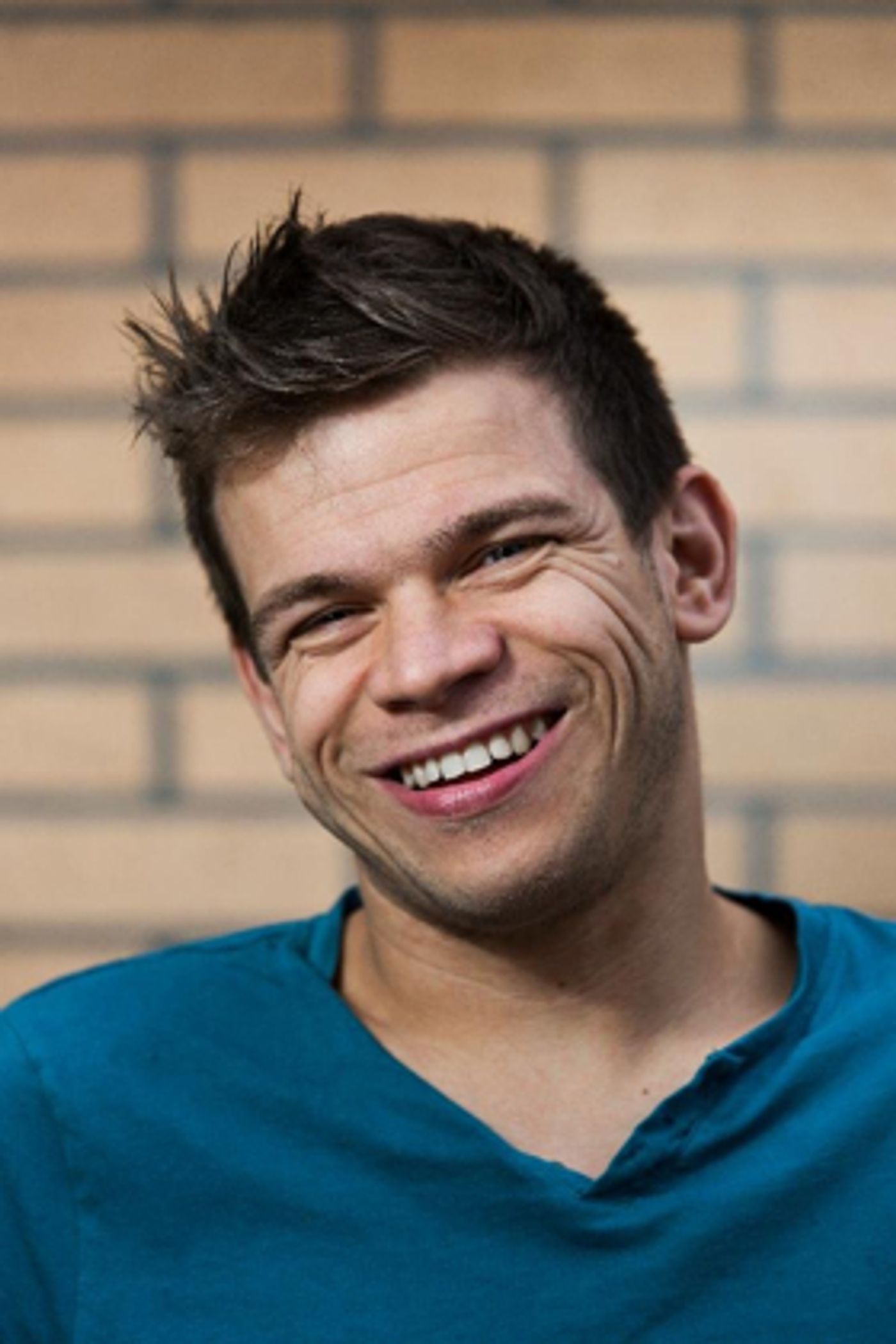Robert Softley Gale Gives A Director's View On Accessibility

BWW catches up with Robert Softley Gale to talk about accessible theatre from a director's point of view and bringing My Left Right Foot to the 2018 Edinburgh Festival Fringe.
For anybody who doesn't know who you are- tell us a little bit about yourself and Birds of Paradise Theatre.
BOP are Scotland's only disability-led theatre company. We've been in existence for 25 years and our mission is to bring the stories of disabled people to the stage in engaging and entertaining ways. I'm a disabled theatre maker who took over the reigns as one of BOP's first two disabled Artistic Director's in 2012.
BOP's current approach to access is to embed sign language, audio description and captioning in to our work. We do this in innovative ways but the specific approach that we take to access depends on the production - there's no 'one size fits all' approach to access.
Well - the show embeds audio description, captioning, sign language and we're offering a relaxed performance. However there's no such thing as a fully accessible show - some things that will make a show more accessible to one person (such as lighting levels) will make it less accessible to others.
Definitely - the set needs to be build every day in less than 15 minutes, so using projectors and other bits of equipment becomes challenging. But making anything for the fringe is a challenge - you have to be up for that!?
Very - there are over 300 venues at the fringe so inevitably, in a city such as Edinburgh, a good proportion of these will be physically inaccessible. It would make a mockery of our work to put it on in inaccessible spaces.
It's difficult for us to quantify this - for instance, our BSL interpreter is a character within the show and is an actor like everyone else. But as a rough estimate around 6% of our production budget is spent on 'access', which isn't a huge amount. I imagine other companies are nervous about making their work accessible because of the cost, but they needn't be.
If it does then I'm not doing my job - the idea behind embedded access is that it enhances the show for everyone. Audio description - for instance - can be used to add a lot of comedy to a show, as well as telling visually impaired audience members what's going on.
Nothing will ever be enough - accessibility is a kind of never-ending journey during which we can only make things more accessible. But the fringe have been working on it over the past ten years or so and things have definitely improved. We now have much more information about access to venues and accessible shows - which is more than half the battle.
This production wouldn't have happened - very simple. BOP would've been winding down around now and having to pay off staff, etc. We're very glad that we're not in that position and really hope we can keep making work like MLRF (and unlike it!) for another 25 years.
Because if they want to reach more audiences then they have to work at doing so in ways that are accessible - which feels pretty obvious to me! Diversity makes theatre - and most other things in life - more interesting and better, so surely we want more of it.
.jpg?format=auto&width=1400)
Tell us a bit about My Left Right Foot.
A local amdram company want to win the one-act festival. They can win more points by adopting 'inclusive practices' - so they try to, but it all goes pretty wrong. There are love triangles and lots of misunderstandings. It's a little bit like Noises Off for disability with sensational numbers.
Everyone - but of course I do! If you're reading this and thinking 'but disability isn't really for me' then this show is definitely for you. If you like comedy, or musicals - then this show is definitely for you. If you like shows that push the boundaries and make you laugh hysterically while they're doing it, this show is definitely for you. If you're Daniel Day Lewis's lawyer, maybe try another show??
What do you hope audiences take away from the show?
That nothing is as black and white as it seems - that there aren't simple answers to inclusion but we can have a lot of fun trying to work out what some of the answers might be.
For more information on My Left Right Foot and to book tickets check out the National Theatre of Scotland website.
Photo credit Robert Softley Gale: Eoin Carey
Photo credit My Left Right Foot: Christopher Bowen
Videos

